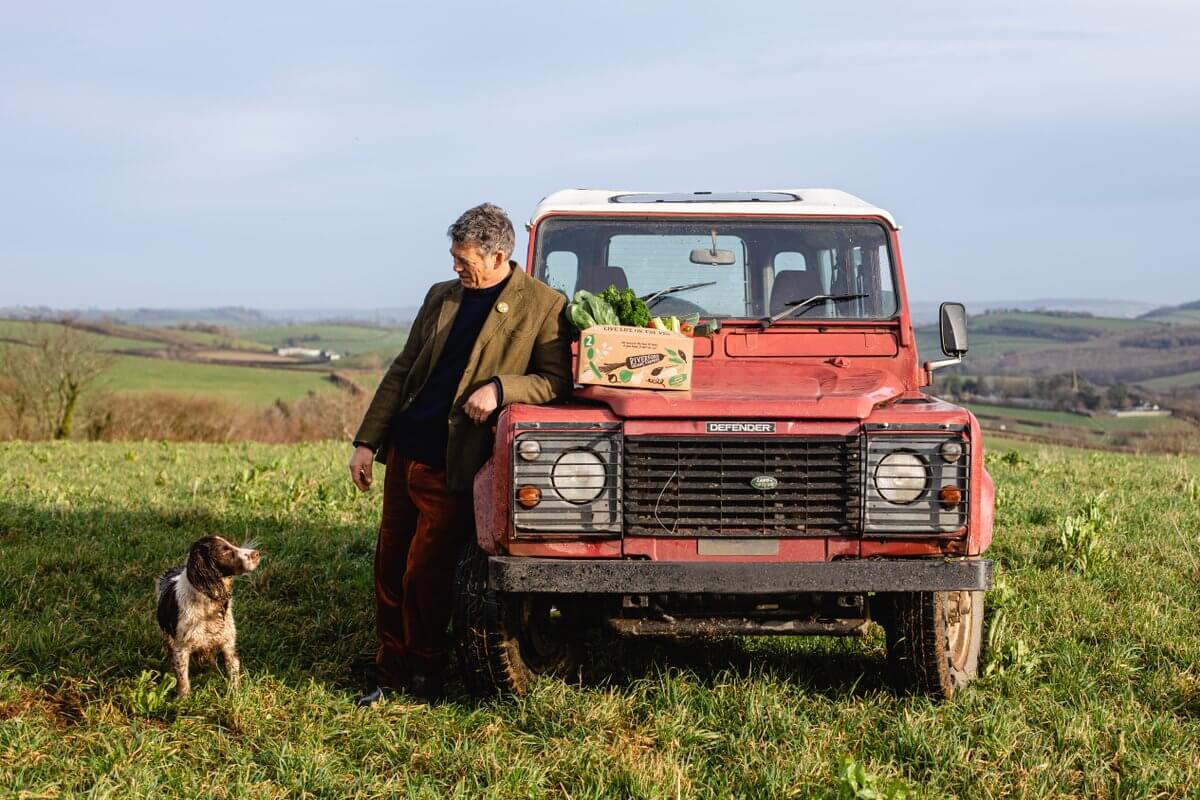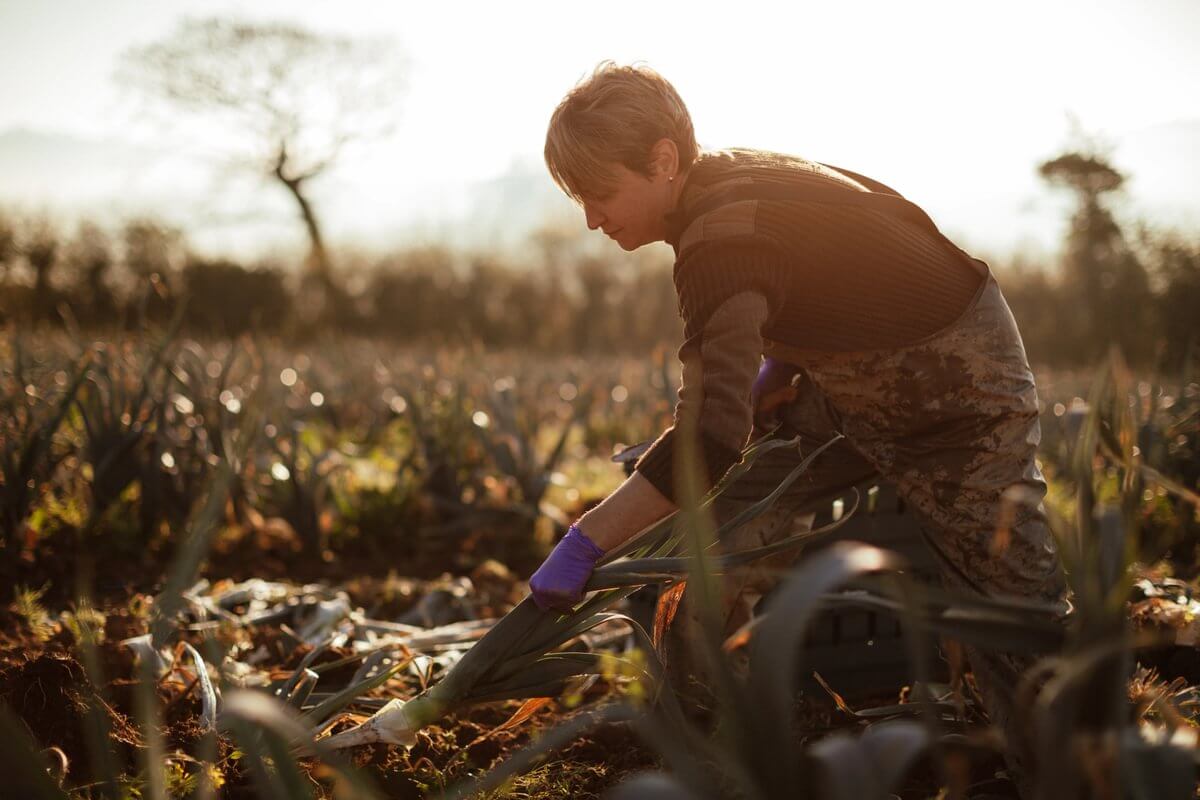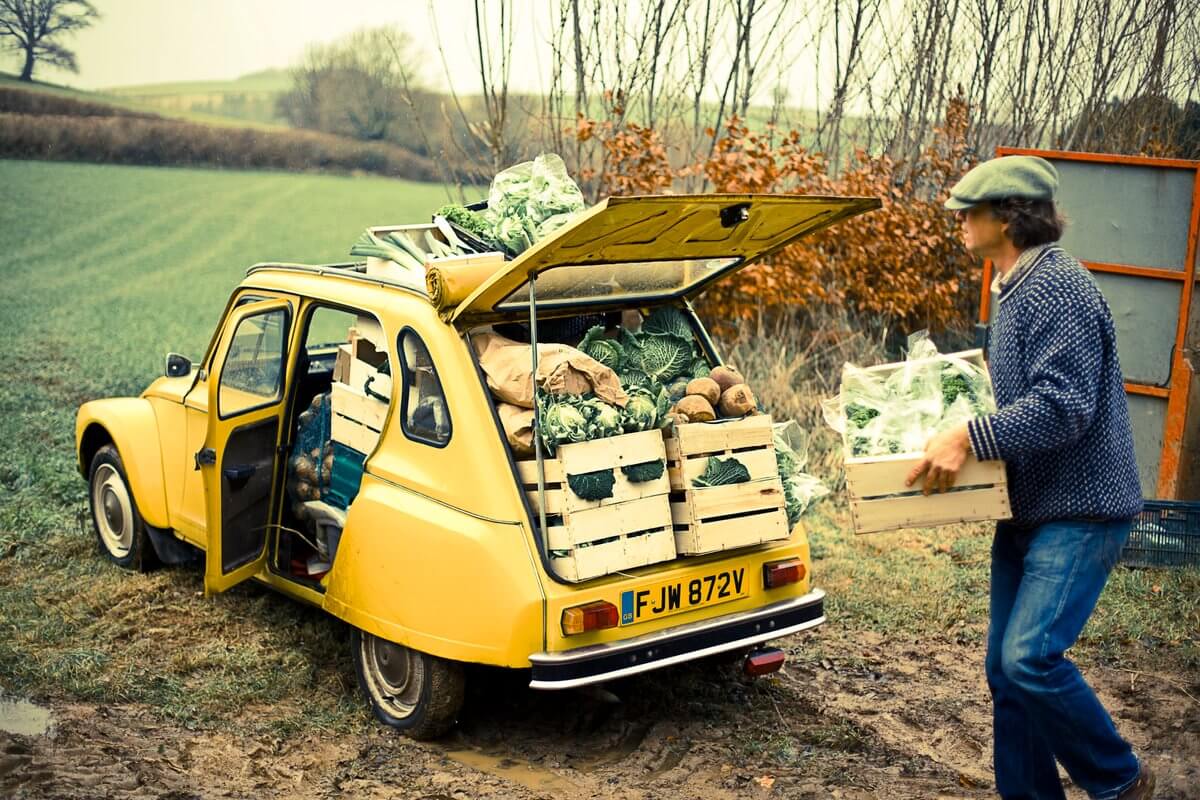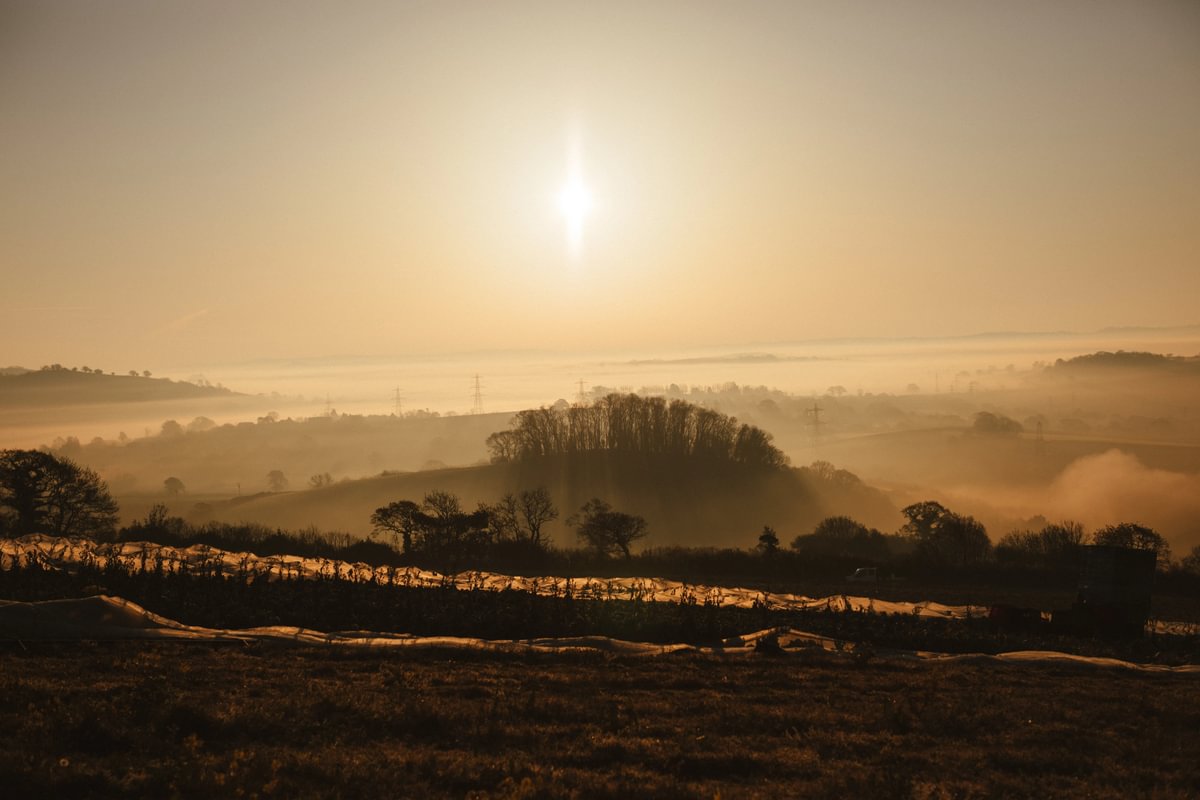Should James Dyson (who owns 36,000 acres of land) or Jeremy Clarkson (1000 acres) be the beneficiaries of a tax break designed to help working family farms?
In her budget, Rachel Reeves announced that Agricultural Property Relief (APR) is changing. Previously, farmers and other landowners did not pay inheritance tax on agricultural assets. Under the new rules, assets above £1m will be taxed at 20% (half the general rate of inheritance tax). This may sound generous – but £1m will buy you about 100 acres, which is far short of a viable farm. If (as I hope) Reeves’ aim was to close the loophole whereby rich tax dodgers buy up land primarily as a way of passing wealth, tax free, to their children, then she has got her calculations a little wrong and may drive more small farmers out of business.
As a second-generation farmer, I understand the impact of this change. Farming is a long-term business requiring substantial assets that, in cash terms at least, earn meagre returns. Introducing inheritance tax to our work and planning is a big deal. This should not only concern farmers: from national food security to environmental improvements, Britain’s farms are vitally important – and good land management requires both long-term investment and security of tenure.
If Reeves, quite rightly, wants to extract from wealthy landowners some of the £40 billion we need to rebuild our country, here would be a fairer approach. Firstly, a higher threshold on the APR change. In most cases, the smallest commercially viable farm is 300 acres. Taking an average land price of £10k per acre, that would suggest a threshold of £3m before inheritance should be taxed. I can see little reason why those owning land worth more than, say, £7m should not pay the standard rate of 40%. Secondly, where planning permission is granted, land value can increase 10- to 1000-fold – and as long as the owners reinvest in more land, they pay no tax. Reeves could target these capital gains, where the landowner has added no value.
Finally, APR is given to all landowners, without differentiating between working farmers and those who are buying up our country mostly to avoid tax. The unintended consequence of this has been to inflate land prices, and effectively exclude new entrants (who will not inherit) from farming. Taxation to encourage the sale of such estates could create opportunities for new farmers to buy land and revitalize farming rather than adding to its decline.
To read an extended version of this article, published in The Guardian, click here.
Our News from the Farm posts come from Riverford. They are the digital versions of the printed letters which go out to customers, every week via Riverford’s veg boxes. Guy Singh-Watson’s weekly newsletters connect people to the farm with refreshingly honest accounts of the trials and tribulations of producing organic food, and the occasional rant about farming, ethical and business issues he feels strongly about.














I’ve been hoping to have Guy’s take on the government’s inheritance tax changes: there’s been quite a bit of comment and some less informed than others. Especially good to have those calculations and a proposed way forward. So, will your way forward, Guy, be backed up by a campaign? Ought we all to be writing to our MPs to press for these changes? I’d be very keen to add just one more voice to such a campaign.
Best analysis and suggestions I’ve seen from anyone on this issue from another (much smaller) organic grower. Thanks Guy
Thank you for explaining so clearly Guy and huge thanks to the Guardian for publishing this article in full. Rachel Reeves listen up!
Yet more wise words from Guy Watson. Wealthy businessman, celebrities and hedge funds have been buying up land purely as as an IHT tax dodge for some years, which has inflated prices such that “normal” people wanting to get into farming are unable to afford the capital outlay to get started. Had the UK adopted the French model (as mentioned in Guy’s article) then I’m sure land prices would be lower and young farmers would have a chance.
I agree with Guy that the thresholds for IHT could do with some adjustments but as a former farmer and landowner I agree with all he says. Thank you Guy.
These comments make perfect sense; I hope that you have sent them directly to Rachel Reeves.
To answer the question in your first paragraph, yes.
The article and comments assume that inheritance tax is a fair tax. It isn’t. Do away with it for everyone. The Swedes did it. Their social democratic model remains in tact. Robbing Peter to pay Paul, secures Paul’s vote but, unfortunately, on top of the theft, piety and sanctimoniousness have to be endured as arguments instead of what they are: masks for envy.
Richard Murphy, the tax campaigner and no fan of this government, explains in detail in his blog how the actual effect of this ‘£1 million’ allowance is to provide £3 million-worth of allowance when a family farm is passed on – just the threshold that Guy is arguing for. I quote a bit below. Don’t be put off by his tetchy tone at the start: he’s been listening to non-Guy-Watson farming interviewees who either speak not in good faith or haven’t been paying attention.
‘Let’s … presume that this … family farm [has] been farmed by a couple. Each partner in that couple has a £1 million exemption for passing on the farm on death, and presuming that they use this wisely, that would exempt £2 million of farm assets from an inheritance tax charge.
It is also now possible for a couple who write their wills in ways which are very easy to arrange to enjoy an inheritance tax exemption of £1 million when the last survivor dies, which sum does not include the farm because the farming exemption can be added on top of this sum, meaning that in total it is entirely possible for a farming couple to pass on £3 million of farm assets without an inheritance tax charge arising.’
‘I do understand that farmers do have some real reasons to be upset. It’s just that inheritance tax is not really the cause for that. It might be the symptom that has given rise to the process, but behind this issue, there’s a great deal to unpack.. […] When farmland has become financialised in the way it has been because of inheritance tax exemptions, farming can’t work, so farmers need to realise that actually having an inheritance tax charge helps them to reclaim farming for farmers and for the benefit of the people of this country.’
https://www.taxresearch.org.uk/Blog/2024/11/19/farmers-need-to-stop-talking-nonsense/
https://www.taxresearch.org.uk/Blog/2024/11/19/why-inheritance-tax-charges-are-really-good-for-real-farmers-but-not-for-financial-whizz-kids/
Bitterly, bitterly disappointing post from someone I have long admired.
The most telling part of this is the belief that we need “£40 billion …. to rebuild our country”
Since 2020, it’s been clear to any critical thinkers that there has been a political coup in pretty much all Western democracies.
So it still continues to baffle and annoy me that intelligent, inspirational people like Guy still think that our government is governing us.
It’s all theatre Guy.
The “black hole” is a made-up thing to justify policies that we would not otherwise accept.
We are, yet again, being blackmailed by the use of “the NHS” to accept literally insane policies – the latest of which will not even pause to take a breath to wipe out organic farming.
All, and any “black holes” can immediately be solved at a stroke by stopping Ukraine funding/ stopping illegal immigrant support/ stopping “net zero” policies/ stop giving massive pay rises to public sector workers with no productivity increases.
It’s literally that simple.
I have had many conversations with highly intelligent and educated people about these kinds of policies (they are incoming about 2 a week at the moment) and why they all point to an agenda of “Build Back Better”, being co-ordinated by people well above Rachel Reeves’ pay grade.
Rachel Reeves is in charge of nothing.
Keir Starmer, like Rishi Sunak and Boris Johnson before him, is a temporary puppet. He will almost certainly be replaced after “his” unpopular policies mean he “has to go”.
The policies will not be reversed by his replacement. They may be diluted, temporarily before being re-introduced later.
Meanwhile, your article recently on the budget failed to mention the increase in minimum wage and employer’s NIC – all specifically designed to finish off the job started in 2020, and kill off small business once and for all.
For some reason Guy thinks this is all to “rebuild the country”.
Guy should be exactly the kind of person holding Rachel Reeves to account and joining the farming protest, proudly at the front of it.
Politics aside, this is farming, this is food, this is life.
Another hero of mine falls.